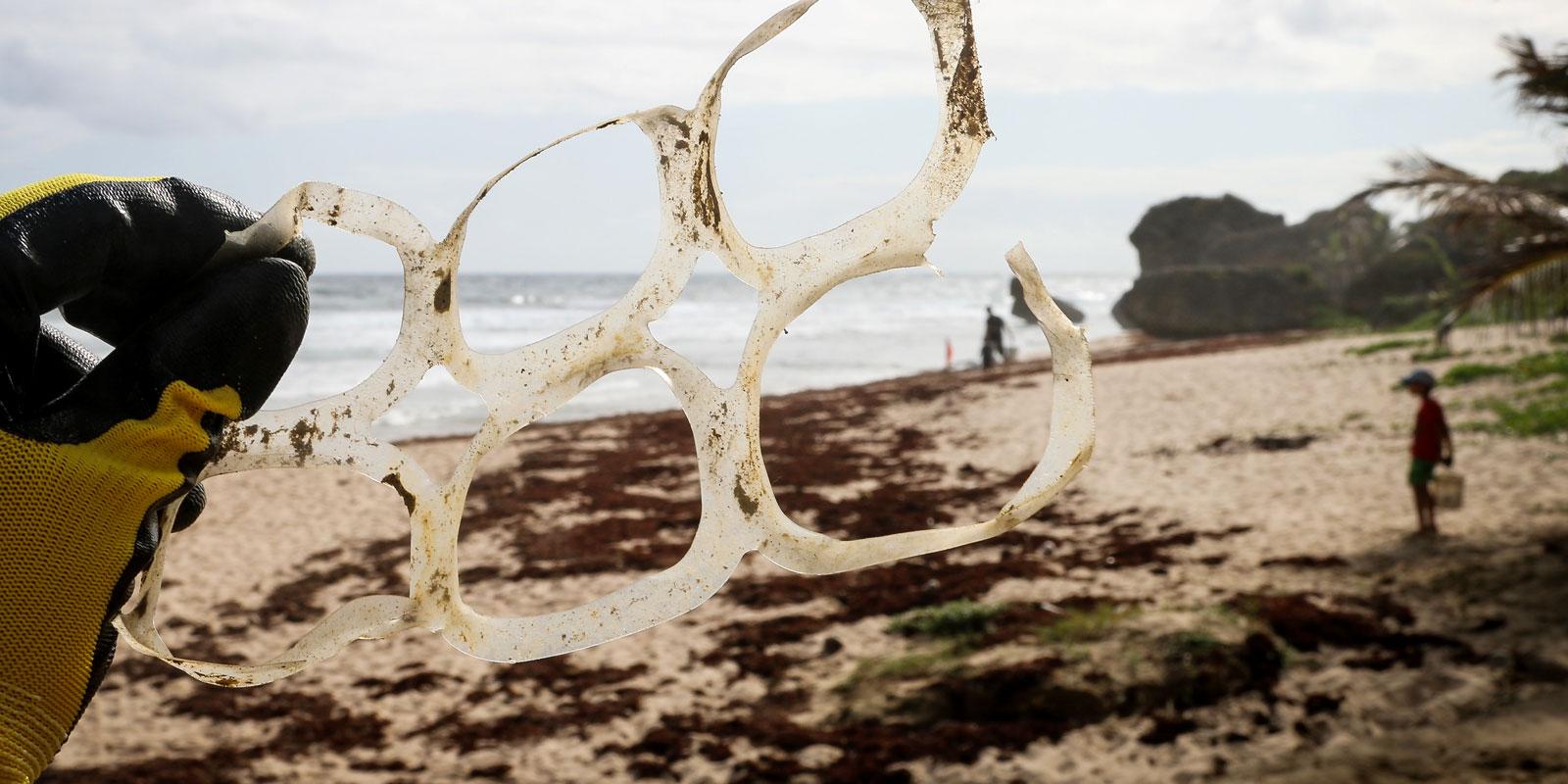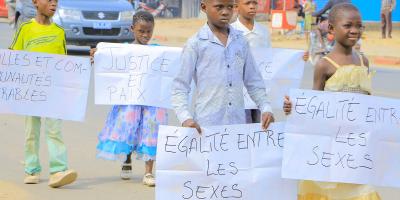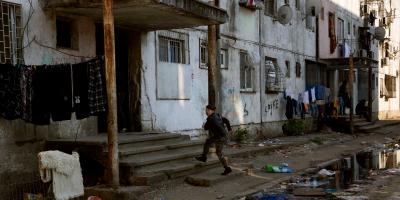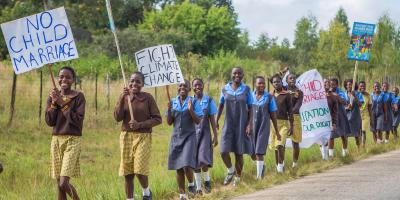
Talk litter
Littering is one of several kinds of pollution that are contaminating the environment in the air and on the ground, and it affects everything from our health to the climate.
Purpose
Boosting insight into, and knowledge of the short- and long-term effects of littering.
Preparations
Let your pupils read texts and watch clips about littering and waste and how they affect the environment.Do it like this
- Begin individually: each learner has a few minutes to write down their thoughts, at least three points.
- Get the learners to sit in pairs: each pair discuss and compare their thoughts.
- Pair + pair: two pairs share their thoughts with one another. The group jointly selects which three points they want to present to the class.
- Each group presents their thoughts and ideas to the whole class.
- Finish by discussing what you can do collectively at school to draw attention to the problems and the solutions for littering.
Discussion questions to use:
- What is litter? What are common types of litter where you live?
- What happens if chemicals and waste are dumped in lakes and rivers?
- What can littering lead to? How does it affect life where you live?
- Are there good systems where you live for handling waste?
- How could littering be reduced where you live? What solutions can you think of?
- Have you seen animals who are affected by littering or pollution?
- How do you think littering can be reduced?
Topics
Related documents
| Talking Litter |
WORLD'S CHILDRENS PRIZE FOUNDATION
Långgatan 13, 647 30, Mariefred, Sweden
Phone: +46-159-129 00 • info@worldschildrensprize.org
© 2020 World’s Children’s Prize Foundation. All rights reserved. WORLD'S CHILDREN'S PRIZE®, the Foundation's logo, WORLD'S CHILDREN'S PRIZE FOR THE RIGHTS OF THE CHILD®, WORLD'S CHILDREN'S PARLIAMENT®, WORLD'S CHILDREN'S OMBUDSMAN®, WORLD'S CHILDREN'S PRESS CONFERENCE® and YOU ME EQUAL RIGHTS are service marks of the Foundation.


x
x
x




